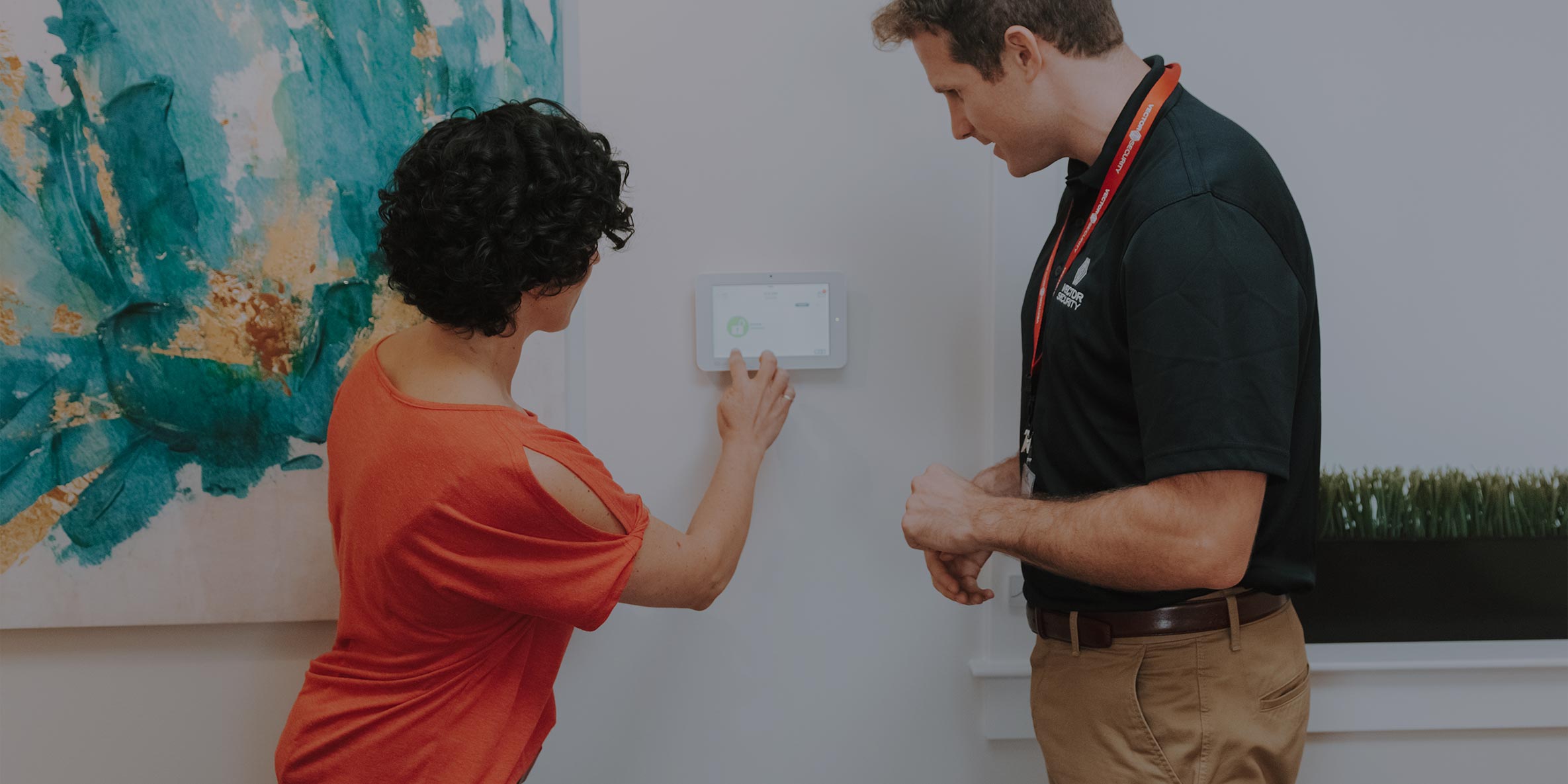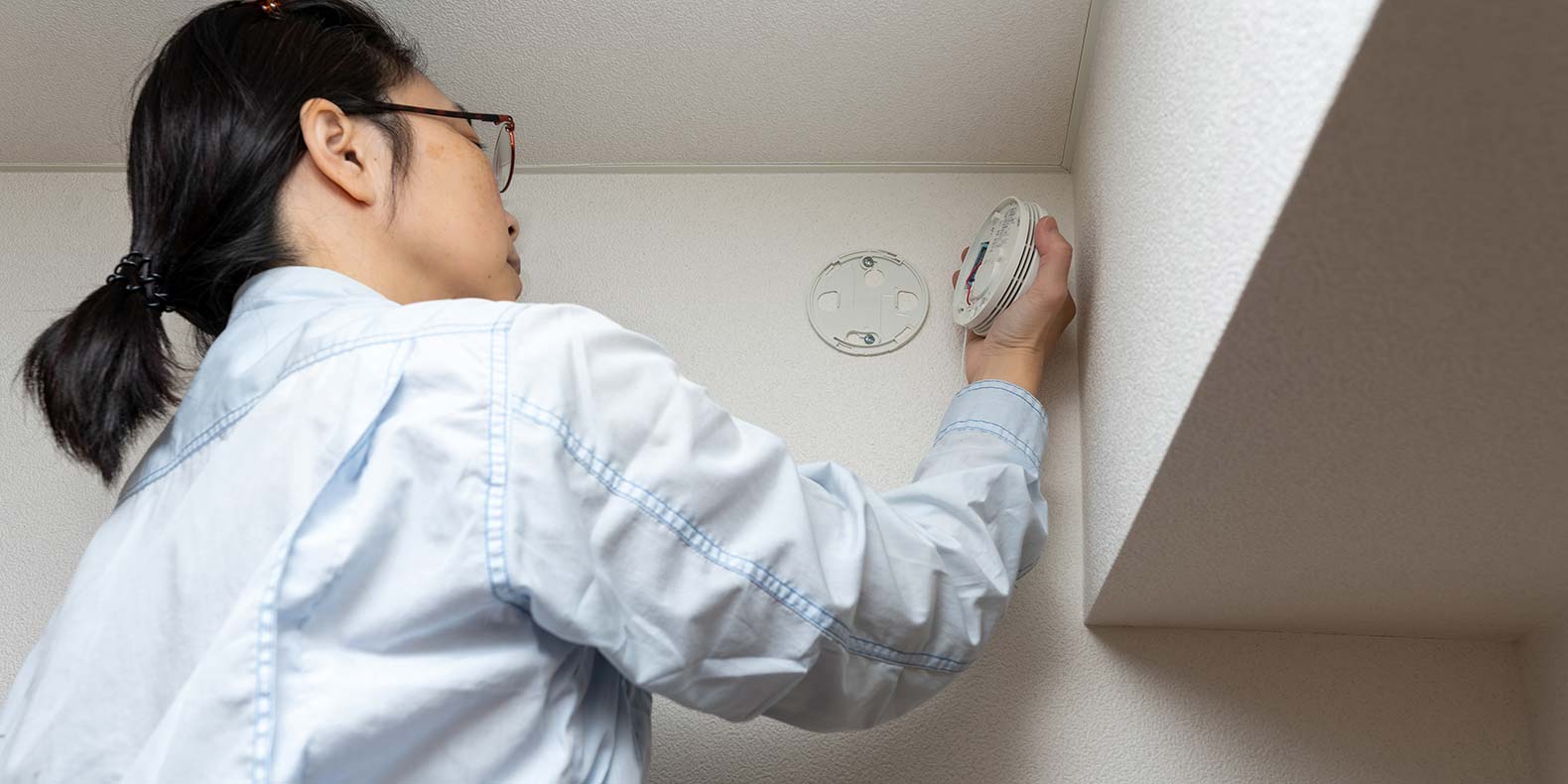Owning a vacation home offers a retreat from the daily grind, but it also presents unique security challenges, especially when you’re not there. Whether you're using the home occasionally or renting it out to travelers, safeguarding your property is crucial. Here's a guide to help you secure your vacation home year-round.
Seasonal Occupancy Risks
One of the main security concerns with vacation homes is their seasonal occupancy. During off-peak seasons, these homes often sit vacant for weeks or even months, making them prime targets. However, break-ins aren’t your only concern. There are several additional risks that also come into play. Here are some key vulnerabilities to be aware of:
- Burglary & Vandalism: Unoccupied homes are easier targets for thieves and vandals who seek access to properties without immediate detection.
- Weather Damage: Without regular checks, weather-related damage—such as roof leaks, frozen pipes, or flooding—can go unnoticed, causing costly repairs.
- Pest Infestations: Vacant homes can attract pests like rodents or insects, which may cause damage to your property if not detected early.
- Electrical Failures: Power outages or electrical system malfunctions may lead to more significant issues like frozen pipes or fire hazards.
Understanding these risks is the first step toward ensuring the protection of your vacation home. Taking proactive measures will help mitigate these vulnerabilities and give you peace of mind whether you're staying at the property or far away.
Evaluating Current Security Measures
Before jumping into new solutions, evaluate your current security setup. Take inventory of the existing locks, alarm systems, and lighting. Are your doors and windows adequately fortified? Does your property have motion-activated lights around entry points?
Consider upgrading outdated technology or expanding coverage to better protect your vacation home. A professional security assessment can help identify weak spots that might not be immediately obvious.
Maintain a Lived-In Facade
Burglars often target unoccupied homes. Therefore, it's important to make it seem like you never left, whether you're gone for two weeks or two months.
- Maintain your yard and landscaping year-round. You may need to make special trips to your second home or hire a landscaping crew to perform regular upkeep.
- Don't let mail or fliers build up. Cancel or forward your mail if you'll be away for an extended period or ask a neighbor to collect it for you.
- Use smart lights so that it appears that someone is home, even if they are not.
- Ask a trustworthy neighbor (preferably a permanent resident) to keep an eye on your home and can contact you should suspicious activity, maintenance items, or property issues surface.
Rent Smart
Over a third of homeowners rent out their second home or vacation home. For those who decide to put their properties up, securing it goes beyond physical protection. It involves ensuring the renters you welcome into your space are trustworthy. Using reliable rental platforms such as Airbnb or Vacation Rentals by Owner (Vrbo) ensures background checks, ID verifications, and secure payments are handled for you. These platforms also offer host protection insurance to cover potential damages caused by guests.
Additionally, you’ll want to take the necessary steps to ensure your properties are protected and guests are properly vetted. You should:
- Get to know your renters prior to approving their stay. Understand why they are traveling and with whom. Do they seem like trustworthy individuals?
- Secure valuables. Set alerts to your mobile phone if safes (or other hiding spots) are accessed.
- Set ground rules for visitors, explaining acceptable behavior and expectations.
- Document the condition of the home. Take photos before you leave to serve as evidence (if needed later) of what was in the home prior to departure. These can be helpful should you need to file a damage or theft claim.
When renting out your property, communicate clearly with your renters about the security features in place, like alarm codes, lock systems, and local emergency contacts. If you choose to rent your property and have home security cameras, you’ll need to check your state laws to ensure compliance. Most allow outside security cameras for safety reasons. Just be sure to detail the location of them in your agreement and post signs in the yard to alert people they are being monitored.
Strengthening Your Vacation Home Defense with Remote Monitoring Solutions
Remote monitoring solutions are a game-changer for vacation home security. Smart home technology allows you to keep an eye on your property from anywhere via smartphone apps. With real-time video feeds, motion detection, and alerts, you’ll know immediately if something is amiss.
Your smart home ecosystem consolidates control over lighting, cameras, locks, and alarms, making management easy from afar. An integrated security system also deters criminal activity and can help you maintain a lived-in appearance, even when your vacation home is unoccupied for an extended period.
Additionally, partnering with Vector Security can offer enhanced protection and peace of mind. Our team can tailor systems to meet your specific needs. With expert guidance and ongoing support, as well as 24/7 monitoring, you’ll ensure your vacation home is safeguarded year-round, allowing you to focus on enjoying your time away instead of worrying about potential risks. Contact us to learn more.



